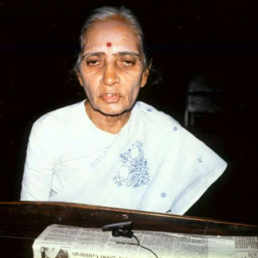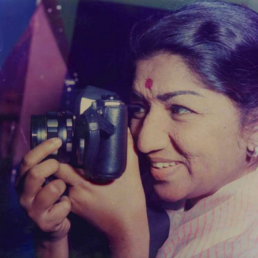The Porters
- History
- Culture
- Music
To celebrate Women’s History Month, we will delve into a series – an ode to the women from the subcontinent in unsung professions through the ages. The first feature is on ‘Women as Porters’, the primitive occupation of transporting goods.
Women at the workplace is not exactly a modern concept, rather it dates to the ancient world, even back to the Sumerian civilization. We look back at some interesting slices from the past where Indian women were found working as human transport carrying goods.
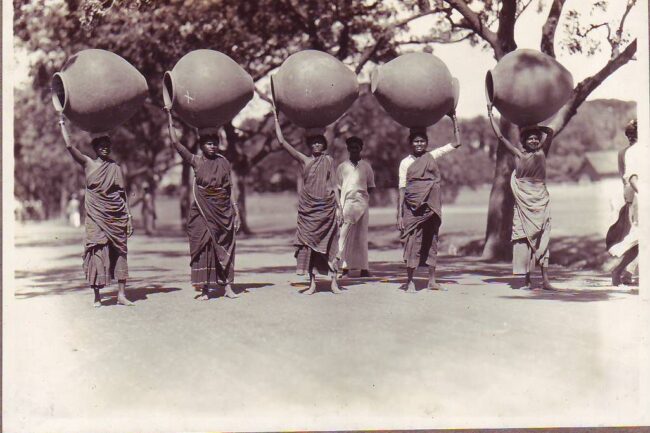
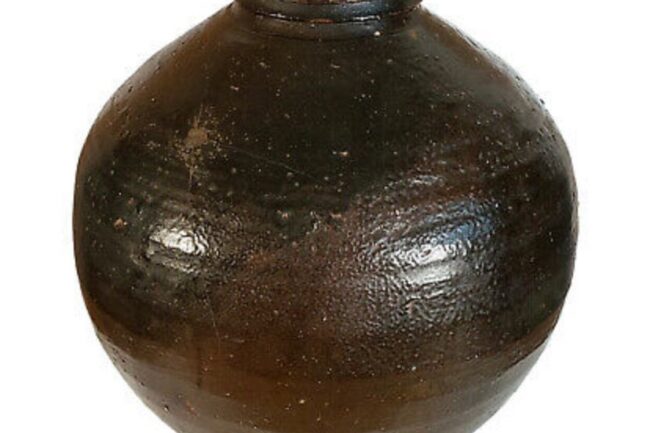
The earthen vessels were also known as Martauanas in India which were used to store water, oil or rice in most households and to carry goods and materials on ships. Women formed the bulk of the workforce that carried them around.
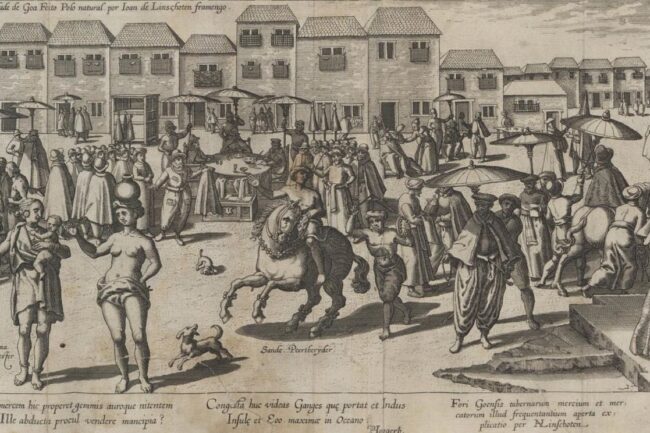
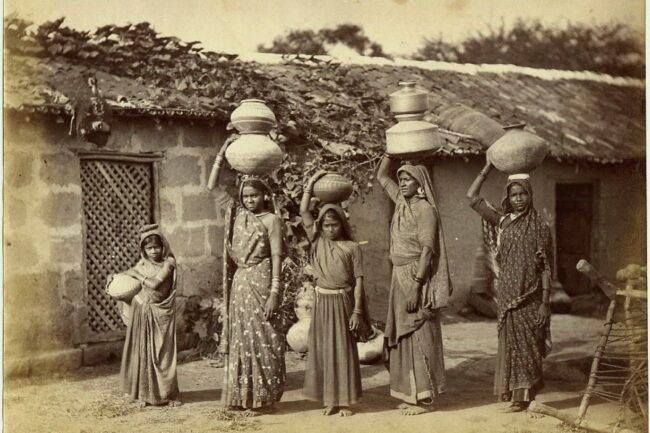
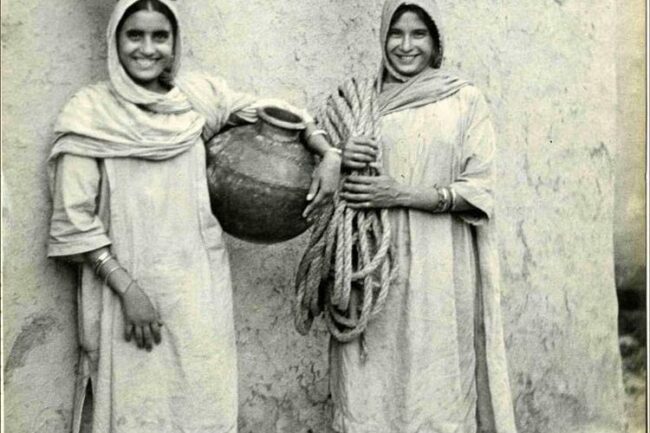
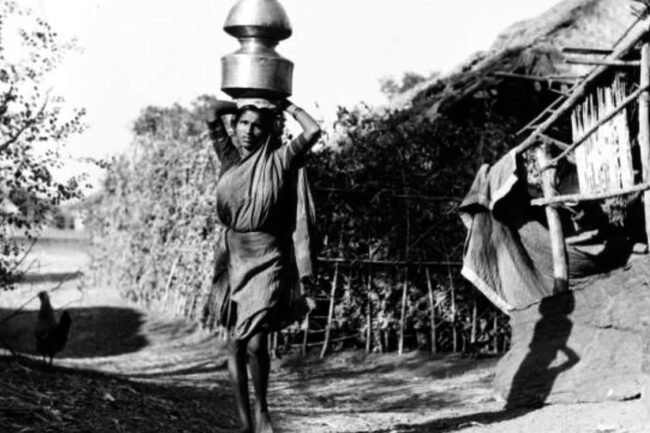
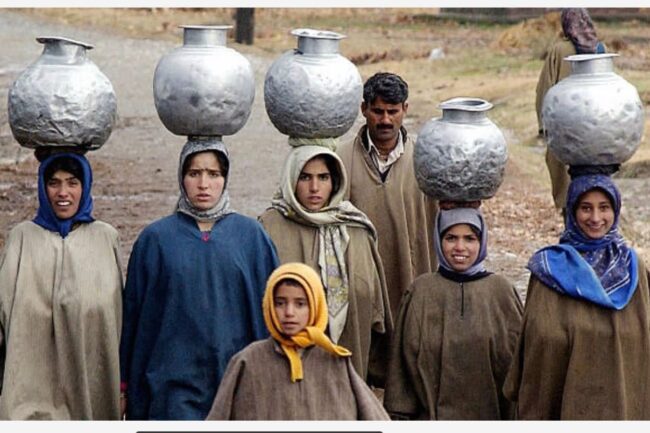
(SAJJAD HUSSAIN/AFP via Getty)
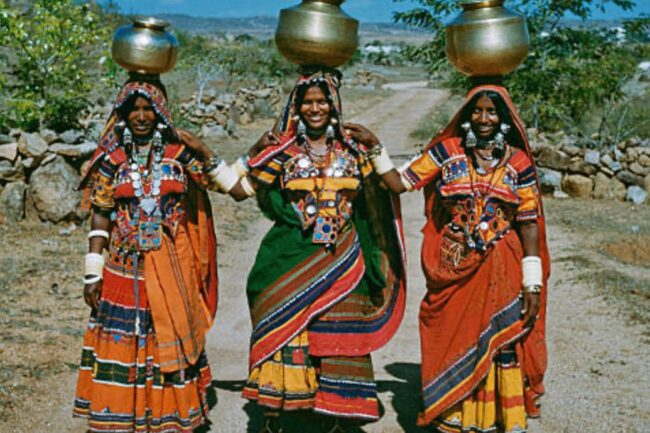
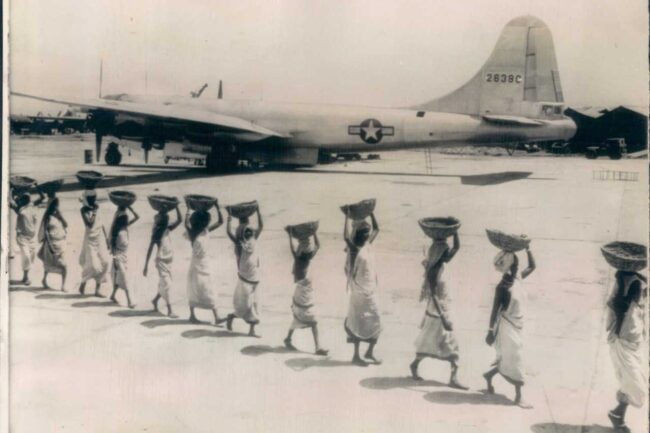
Courtesy
- Wikimedia
- Getty Images
- columbia.edu
- Panjab Digital Library





